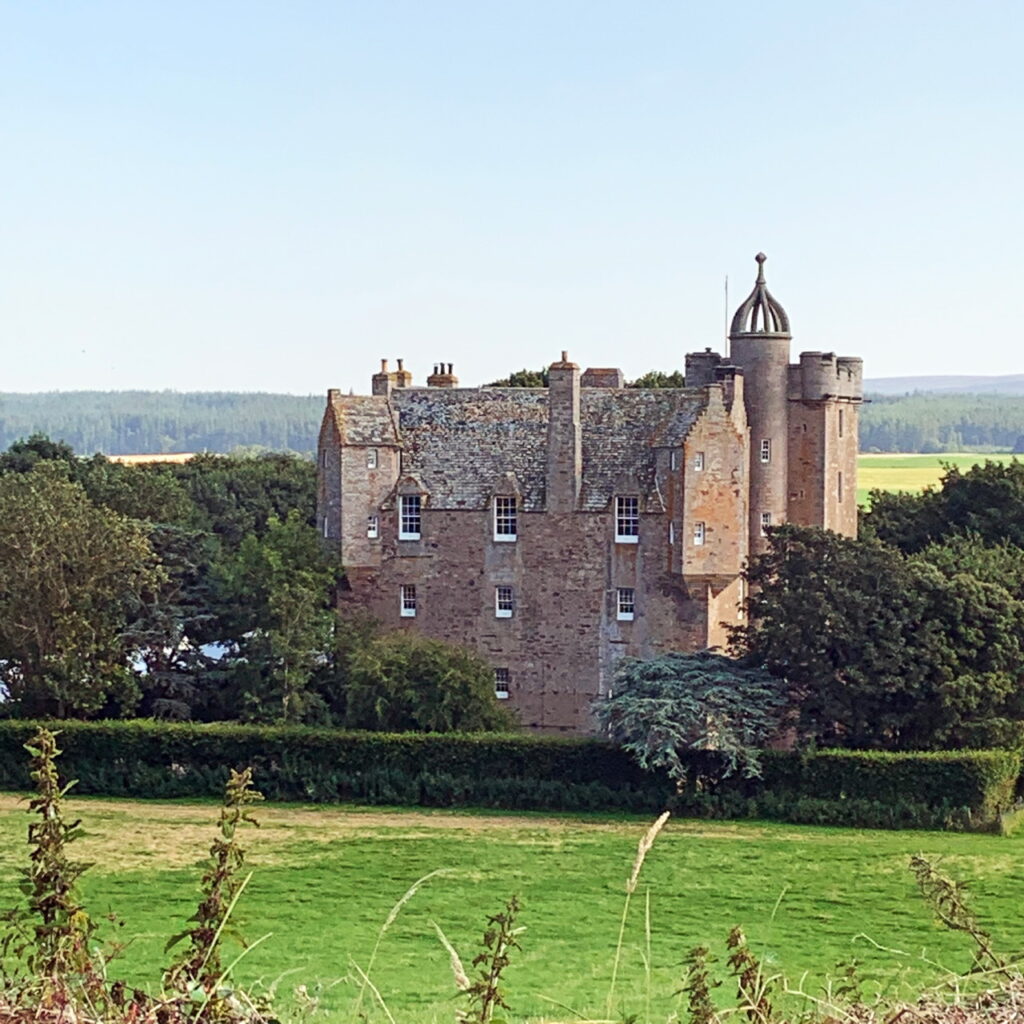High demand for homes near Land Trust sites

Research from the Whitehill & Bordon Regeneration Company (WBRC) reveals that homes located near Land Trust sites are, surprisingly, often more affordable than those in their respective surrounding areas but that high demand suggests buyers are now discovering these areas which means prices are destined to quickly rise.
The Land Trust is a charity that owns or manages open spaces around the UK. They are restored from derelict land for public benefit with a mission to “improve the quality of people’s lives by creating sustainable, high quality green spaces that deliver environmental, social and economic benefits”.
WBRC has looked at nine Land Trust sites in England’s South West region and examined the cost of buying homes around these locations versus the wider area, and has also looked at buyer demand for homes in these areas.
House Prices
Across all nine Land Trust sites, nearby house prices are, on average, -6% more affordable than their wider surrounding areas.
In Dorset, homes within the DT5 postcode district, where the Osprey Quay Land Trust site is located, cost an average of £247,418. This is -28.8% below the wider local authority (LA) average of £347,388.
Homes near Knowle Haven Nature Reserve in Winchester’s PO15 postcode area cost an average of £366,404, -25.6% lower than the LA average of £492,662.
Homes in the GU11 postcode district, where Wellesley Woodlands is located, are -7.1% more affordable than the LA average, and prices in The Spinney’s RG24 postcode district are -2.6% more affordable than the wider area.
In East Hampshire’s Whitehill & Bordon, there are two Land Trust sites, Hogmoor Inclosure and Prince Philip Park, and prices in their GU35 postcode district are -1.9% more affordable than the LA average.
Only near Wiltshire’s Castle Hill Country Park (3.1%) and Waverley’s Runfold Ridge (29.1%) are average prices more expensive than their LA averages.
These affordable prices are somewhat of a surprise given that Land Trust sites offer great natural beauty. It’s likely that, because the Land Trust often regenerates derelict sites, buyers simply haven’t cottoned on to what are now beautiful, green places to live. However, an analysis of current buyer demand in these areas suggests that this is now changing.
Buyer Demand
These affordable prices are unlikely to last long because demand for homes near Land Trust sites is, for the most part, higher than both the LA demand and South West regional demand.
Demand is calculated by measuring the number of properties currently on the market against those that are already under offer or sold subject to contract (SSTC). So, if there are 100 homes on the market and 50 of them are under offer or SSTC, demand is 50%.
Across the whole of the South West, demand currently sits at 70.6%. Near Basingstoke’s The Spinney, demand is 9% higher at 79.6%, which is also 5% higher than LA area demand. In Whitehill & Bordon, demand is 77.6%; this is 7% higher than the South West and 6.6% higher than the East Hampshire LA average.
Demand is also higher near Osprey Quay (75.6%), Runfold Ridge (73.8%), and Knowle Haven Nature Reserve (73.6%).
James Child, Project Lead at the Whitehill & Bordon Regeneration Company, says:
“Since the pandemic, people are increasingly keen to live in or near green, open spaces, often while maintaining an easy commute into major towns and cities. Land Trust sites are created on land that was once derelict, transforming undesirable spots into places of natural beauty. That’s why these affordable prices are not going to last very long as is proven by high buyer demand.
Desirability is also increased through regeneration projects, such as that ongoing in Whitehill & Bordon, so we fully expect prices to keep rising in and around the town. This will ensure it is both a great place to live and a location where the family home is going to act as a reliable investment for the future.”




